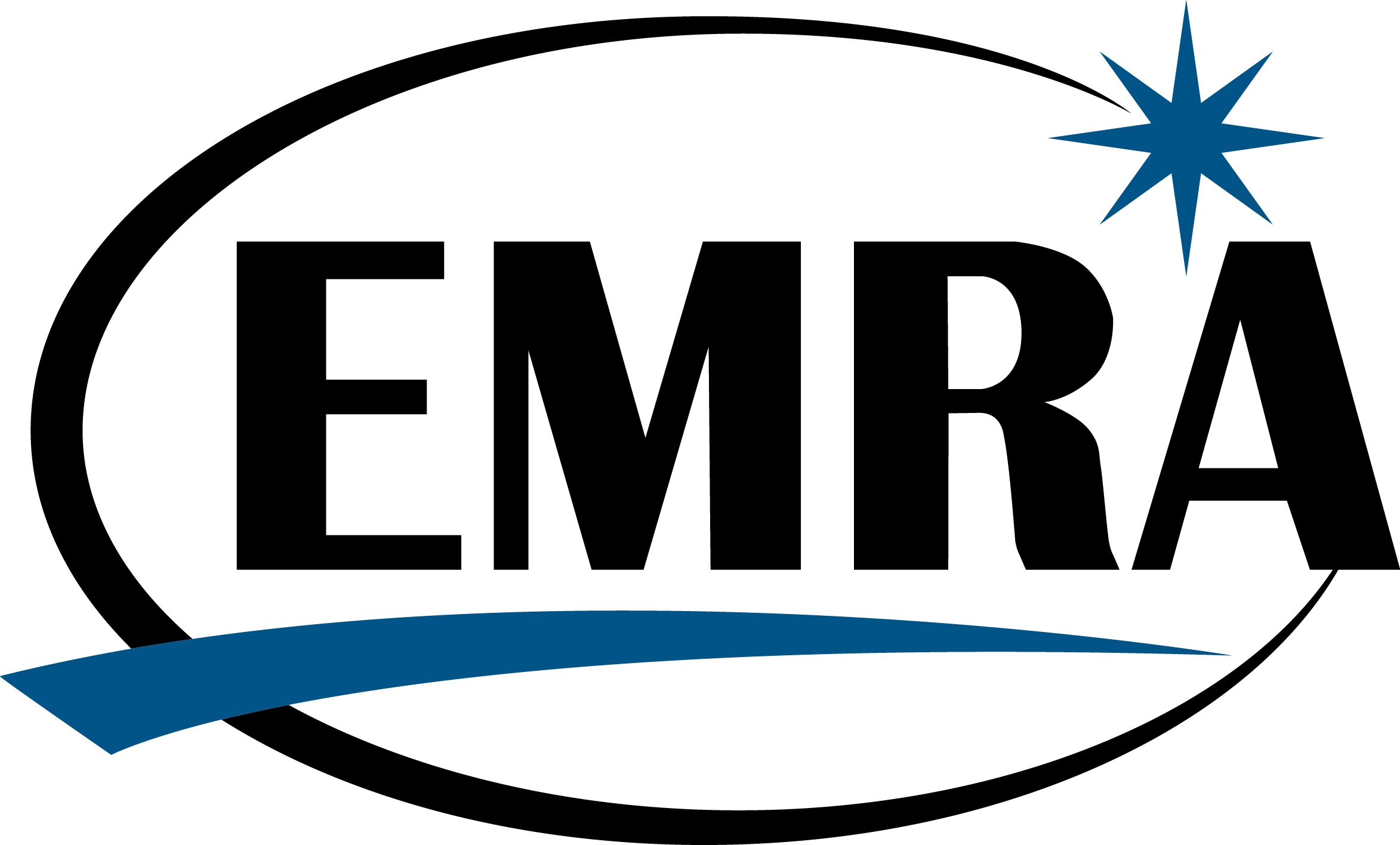Foreword
Over the past decade, the importance of health care advocacy in the practice of everyday clinicians has continued to grow exponentially. The picture on the front of this 5th Edition of the EMRA Advocacy Handbook seems an apt depiction of the struggle that many practicing doctors feel today. Medicine is being torn at the seams by the political whims of a partisan dysfunctional system that makes ventricular fibrillation looks like an organized plan!
Since the first edition of the handbook, health care has seen tectonic shifts. The Affordable Care Act expanded coverage, provided mandated benefits, and changed the access to coverage equation for millions of Americans. Increasing cost, narrow networks, surprise billing, escalating deductibles, and stagnation of the family living wage has led to increased cost pressures for most consumers and challenged access to care. Increasing burnout among physicians, novel technologies, telemedicine, and the consumerization of health care has changed how physicians choose to provide care in the modern health system. New and novel mergers of different parts of the health care system and the creation of mega systems continue to challenge the importance of the physician as leader.
Despite the world changing beneath our feet, nurses and physicians remain the most respected and trusted professionals. The value of our opinions and ability to shape policy has never been more important. We have seen physicians run for office and win. Emergency medicine has become one of the largest political action committees with an annual leadership conference in Washington, D.C., that brings the message directly to the representatives. State chapters have wielded powerful voices on numerous issues, from the opioid epidemic to the fight for fair coverage and network advocacy.
Now is our time to lead. Lead not only the house of medicine but also the work to improve the lives of those we serve. We must be the light in the window, the missing link of health care, that is the beacon of hope for our patients, burnt out providers, and the next generation deciding if a career in medicine is worth it. Maybe Napoleon Bonaparte put it best: “A leader is a dealer in hope.” Emergency physicians are the best dealers in hope I know. We stand in the darkness and see people often at the worst moments of their lives. We offer hope to those society has forgotten. We find a way despite the sorrow to come back and provide care 24/7/365. Each of you is the living embodiment of hopeful leadership.
Your work on advocacy will be the difference in our future, and we cannot do it without you. I hope you find this handbook to be a valuable resource in your efforts and that it inspires you to make advocacy a regular part of your medical practice. Thank you for being an advocate and leader!
Hon. Nathaniel Schlicher, MD, JD, MBA, FACEP




